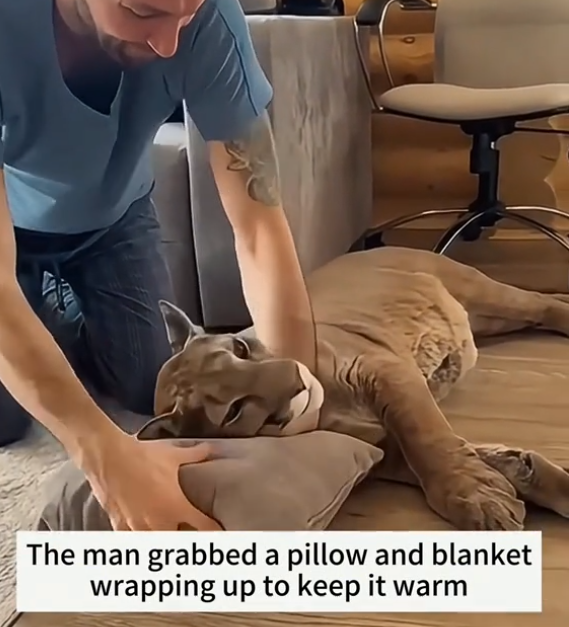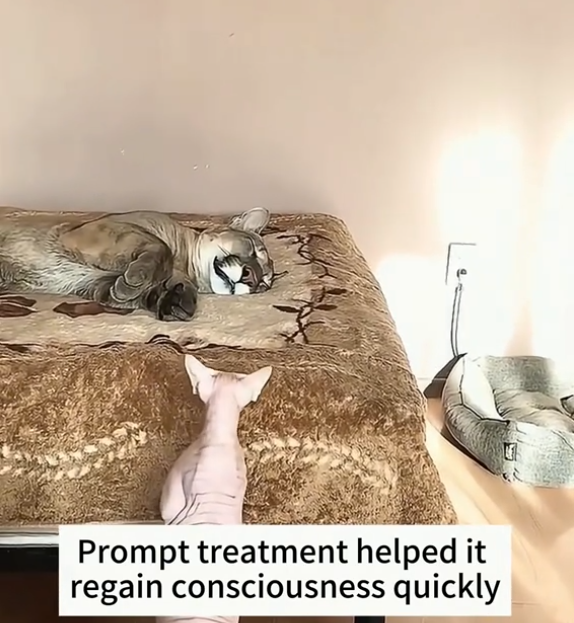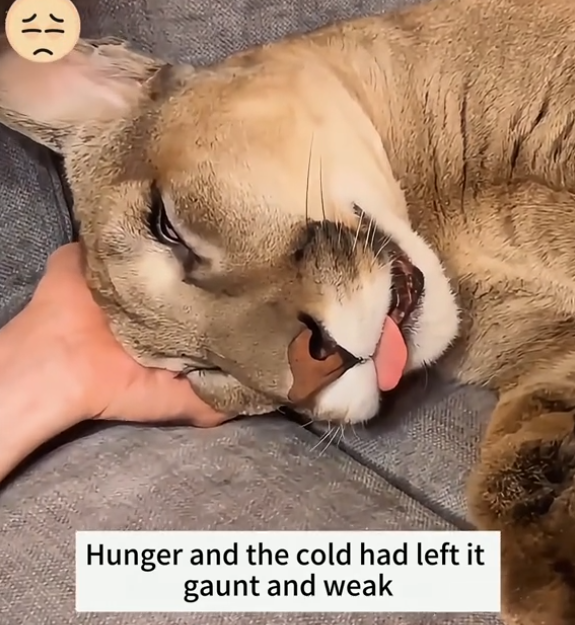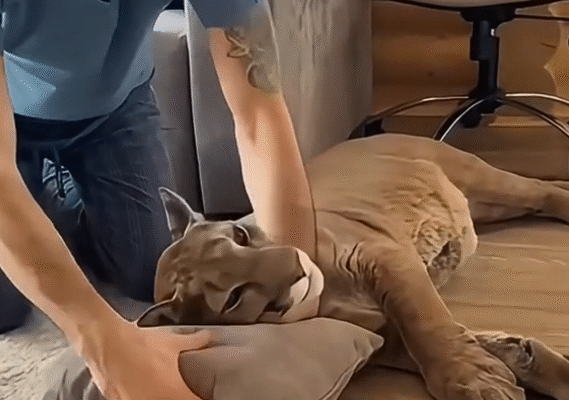
In the small mountain village of Elmridge, nestled among pine forests and wildflower meadows, the days were simple and the people kind. Life moved at a slower pace, and everyone knew each other. It was the kind of place where neighbors still left pies on each other’s doorsteps and children played barefoot in the streams. But no story warmed hearts quite like the one about Old Mr. Harris and a boy named Leo.
Mr. Harris had lived in Elmridge all his life. A quiet man in his seventies with silver hair and a gentle smile, he was best known for his little wooden workshop beside his house. There, he carved beautiful animals and toys from pine and cedar. Every child in the village had at least one of his creations on their shelves — a horse with a flowing mane, a bear with tiny eyes, or a bird with wings outstretched in flight.
But in recent years, Mr. Harris had become more of a mystery. His workshop remained closed most days. The once-cheerful sound of his carving knife had fallen silent. Some said he’d grown too old to work. Others whispered he was simply lonely since his wife, Margaret, had passed away three years ago. They had never had children, and without her, he seemed to drift quietly through life.
Enter Leo — a curious, bright-eyed ten-year-old with an imagination that couldn’t sit still. Leo had moved to Elmridge with his single mother just before winter. His mother worked long hours at the local bakery, and Leo spent much of his time exploring the woods and riding his rusty old bike through town.
One day, while biking past Mr. Harris’s house, Leo’s front tire hit a rock and he tumbled over with a loud thud. Scraped knees and bruised elbows didn’t bother Leo much, but the sight of his broken bike chain did. He sat on the sidewalk, fiddling with it, until the sound of a screen door creaking caught his attention.
Mr. Harris stepped out slowly, squinting through his glasses. “You alright there, son?” he asked, his voice hoarse from disuse.
Leo nodded, embarrassed. “Just broke my bike chain.”
The old man took a long look at the bike, then at the boy’s scuffed palms. “Bring it in. I’ve got tools in the shed.”

Surprised but grateful, Leo wheeled the bike behind him. That day turned into an afternoon spent talking about tools, carving, and bikes. Mr. Harris fixed the chain with a steady hand, and when Leo left, he did so with a functioning bicycle and a small carved fox tucked into his pocket — a gift.
From then on, Leo began visiting Mr. Harris every weekend. At first, it was just to tinker with broken things: a flashlight that wouldn’t light, a toy that had lost a wheel, a cracked picture frame. But over time, their bond grew deeper. Mr. Harris started teaching Leo how to carve wood, how to listen to the grain, and how to be patient with each cut.
The once-quiet workshop came back to life. Children passing by would hear laughter and see the two of them through the window — a boy and an old man covered in sawdust and smiles. Mr. Harris found a new rhythm to his days, and the ache of loneliness that had long settled in his chest began to lift.
One snowy December afternoon, Leo arrived at the workshop with a solemn face. His mother had just lost her job, and things were tight at home. “We might have to move,” he said quietly, staring at the wooden deer he’d been carving for weeks.
Mr. Harris said nothing at first. He just placed a warm hand on the boy’s shoulder. That night, he stayed up late, sitting in his living room with a photo of Margaret beside him and an idea blooming in his heart.
The very next morning, Mr. Harris dusted off his old cash register, reopened the workshop officially, and placed a hand-painted sign outside:
“Harris & Leo’s Woodcrafts – Handmade with Heart”
He encouraged Leo to sell his carvings, and the townspeople — touched by the friendship and story — began pouring in. They bought ornaments, toys, and animal figures. They placed custom orders. Some even came just to watch them work together and to sip hot cocoa by the fire. News of the workshop spread beyond Elmridge, drawing visitors from nearby towns.
With the money they made that month, Leo’s mother was able to pay their rent, buy groceries, and even save a little. They didn’t have to move.
On Christmas morning, Leo knocked on Mr. Harris’s door with a gift wrapped in brown paper and twine. Inside was a carving of Mr. Harris and Margaret sitting on a bench, smiling at each other. The likeness was perfect — he had worked on it in secret for weeks. Mr. Harris held it in his hands for a long time, his eyes welling up with tears.
“I think she would’ve loved this,” he whispered.
Leo nodded. “I think so too.

Years passed. Leo grew taller, his hands stronger and his carving more refined. Mr. Harris grew older, his steps slower, but his spirit never dulled. Their bond remained unbreakable.
And when Mr. Harris eventually passed away quietly in his sleep one spring morning, the whole town gathered for a celebration of his life. Leo, now a young man, reopened the shop with a new sign:
“Leo’s Woodcrafts – A Legacy of Love”
Beneath it, in small letters: “In honor of Mr. Harris.”
He continued carving with the same care and kindness he had been taught. And every child in Elmridge — and now beyond — grew up with a toy or ornament made by Leo, crafted with love, inspired by a friendship that began with a broken bike chain.
It wasn’t just a story about toys or wood. It was a story about healing, about generations bridging gaps, and about the quiet power of kindness — the kind of heartwarming story that lived on in the village forever.



